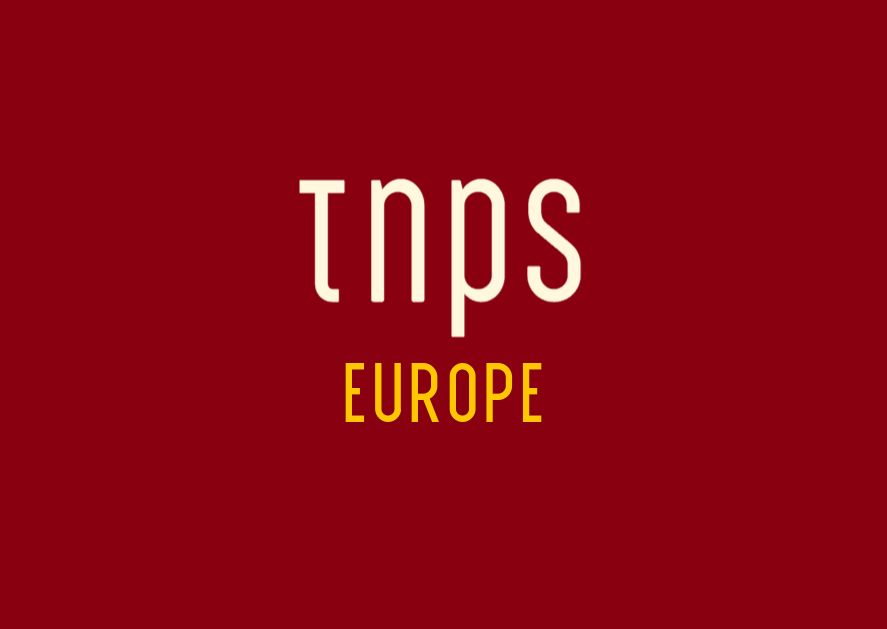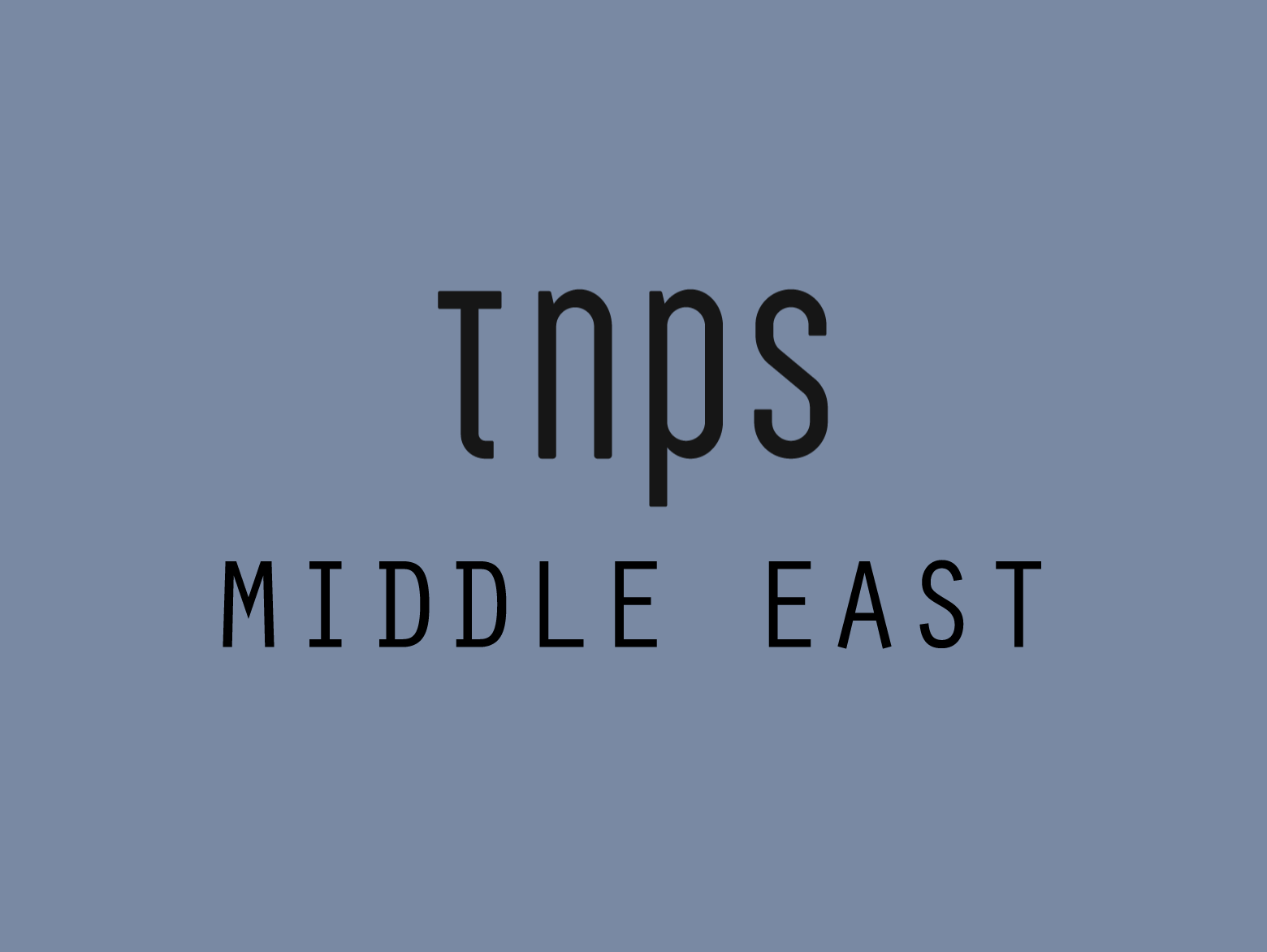This news carries significant implications for the audiobook publishing landscape, particularly given Spotify’s own disruptive entry into this market.
Spotify’s latest announcement that it paid out over $100 million to podcast publishers and podcasters globally in the first quarter of 2025 alone represents a remarkable milestone for the sector.
This figure, encompassing both advertising revenue and earnings from their newly launched Partner Program, underscores the significant monetisation potential that now exists within podcasting.
It’s particularly noteworthy when considering that just a few years prior, around the time of Podimo’s launch, the prevailing narrative often dismissed podcasting as a largely freemium model with limited prospects for sustainable, standalone business success for creators.
This substantial quarterly payout serves as a powerful rebuttal to those early sceptics, demonstrating the viability and increasing financial maturity of the podcasting ecosystem.
Echoes in Audiobooks: Spotify’s Disruptive Success
This news carries significant implications for the audiobook publishing landscape, particularly given Spotify’s own disruptive entry into this market.
Despite initial scepticism and even ridicule regarding its unviable, all-you-can-listen model challenging the traditional one-credit system, Spotify Audiobooks has evidently achieved considerable success.
While concrete figures on Spotify’s audiobook payouts to publishers remain largely unconfirmed – despite suggestions within book trade journals of hundreds of millions being involved – the general consensus from industry reportage points towards a substantial and growing user base actively engaging with audiobooks on the platform.
Spotify’s willingness to experiment with and invest heavily in an alternative consumption model has clearly resonated with a significant segment of listeners, and audiobook publishers are reaping the rewards.
The Symbiotic Future: Podcasting, Audiobooks, and the AI Revolution
The success of both podcasting and audiobooks on platforms like Spotify highlights the inherent symbiotic relationship between these forms of spoken-word content. As listeners increasingly embrace spoken-word audio as a medium for information, entertainment, and learning, the lines between these formats are likely to become even more blurred.
Looking ahead to the next year or two, the rapid advancements in AI-assisted audio across both narration and translation are poised to trigger a significant transformation within the publishing industry’s approach to both podcasting and audiobooks.
We can anticipate:
Enhanced Audiobook Production and Accessibility
AI-powered narration is already demonstrating the capacity to produce high-quality audiobooks at scale and potentially at lower costs. This could lead to a significant increase in the availability of audiobooks, particularly for backlist titles and niche genres that might not have been economically viable to produce with human narrators alone.
As one example, take what Taylor & Francis are doing. Thad McIlroy explored this very topic this past week in All About Digital Book Publishing. I’ll be looking more closely at that article in a near-future TNPS op-ed, but meanwhile, do check out my take on the Taylor & Francis news as it broke.

Here’s the thing: AI-driven translation could dramatically expand the global reach of audiobooks, breaking down language barriers with unprecedented speed and efficiency. Not something the Society of Luddites – oops, sorry, Authors – wants to see happen. The SoA made clear its opposition to Spotify getting involved with audiobooks, saying the impact would be devastating for authors. Needless to say the SoA has maintained a deafening silence since then, as Spotify audiobooks go from strength to strength.
The Rise of Audio-First Content Strategies
Publishers may increasingly adopt an audio-first mindset, conceiving of content not just as text to be adapted into audio, but as inherently audio-centric experiences. This could involve developing more serialised, episodic content that lends itself well to both podcast and audiobook formats, potentially leveraging AI tools for initial narration and then layering in human talent for enhanced performance or specific character voices.
Again, don’t tell the Society of Authors. AI is the enemy, and leveraging human and AI talent for greater creativity and productivity must be disregarded at all costs. “We demand writers write with quill pens, submit their manuscripts by horse and cart, and publishers must make sure books are printed on Lord Stanhope’s wonderful Stanhope Press! If it was good enough for Mary Shelley’s Frankenstein, it’s good enough for us!“
Blurring Genre Boundaries and Format Innovation
The distinction between podcasts and audiobooks could become increasingly fluid. We might see the emergence of hybrid formats – for example, narrative podcasts with the production quality and length of audiobooks, or audiobooks released in episodic podcast-style formats.
AI could facilitate the creation of interactive audio experiences, potentially incorporating elements of gaming or personalised content delivery.
New Monetisation Models and Audience Engagement
The success of Spotify’s podcast Partner Program offers a potential blueprint for the audiobook space. We might see more flexible monetisation models emerge beyond the traditional credit system, potentially incorporating advertising within certain types of audio content or offering tiered subscription options that bundle podcasts and audiobooks.
AI could also play a role in personalising recommendations and enhancing audience engagement.
Challenges and Opportunities for Rights Management
The rise of AI-generated audio and the potential for wider distribution through combined podcast and audiobook platforms will necessitate a renewed focus on rights management.
Publishers will need to navigate the complexities of licensing AI-narrated and translated content while ensuring fair compensation for human creators involved in the process.
However, this also presents opportunities for new revenue streams and broader audience reach.
A First Quarter of Vindication
Spotify’s podcasting payout milestone, then, serves as a powerful indicator of the burgeoning potential within spoken-word audio.
A reminder: $100 million paid out in Q1 alone. From podcasting.
That would put Spotify on target to approach a half billion payout this year, but that would still only be 25% of a $2 billion podcasting industry.

Coupled with the transformative power of rapidly advancing AI, the next year or two (it would be crazy to speculate beyond that, as AI developments are happening so fast) promise to be a period of significant innovation and disruption for the publishing industry’s approach to both podcasting and audiobooks.
Publishers who proactively embrace these changes and explore integrated, AI-assisted audio-first content strategies will be best positioned to capitalise on the evolving listening habits of a global audience.
This post first appeared in the TNPS LinkedIn newsletter.





